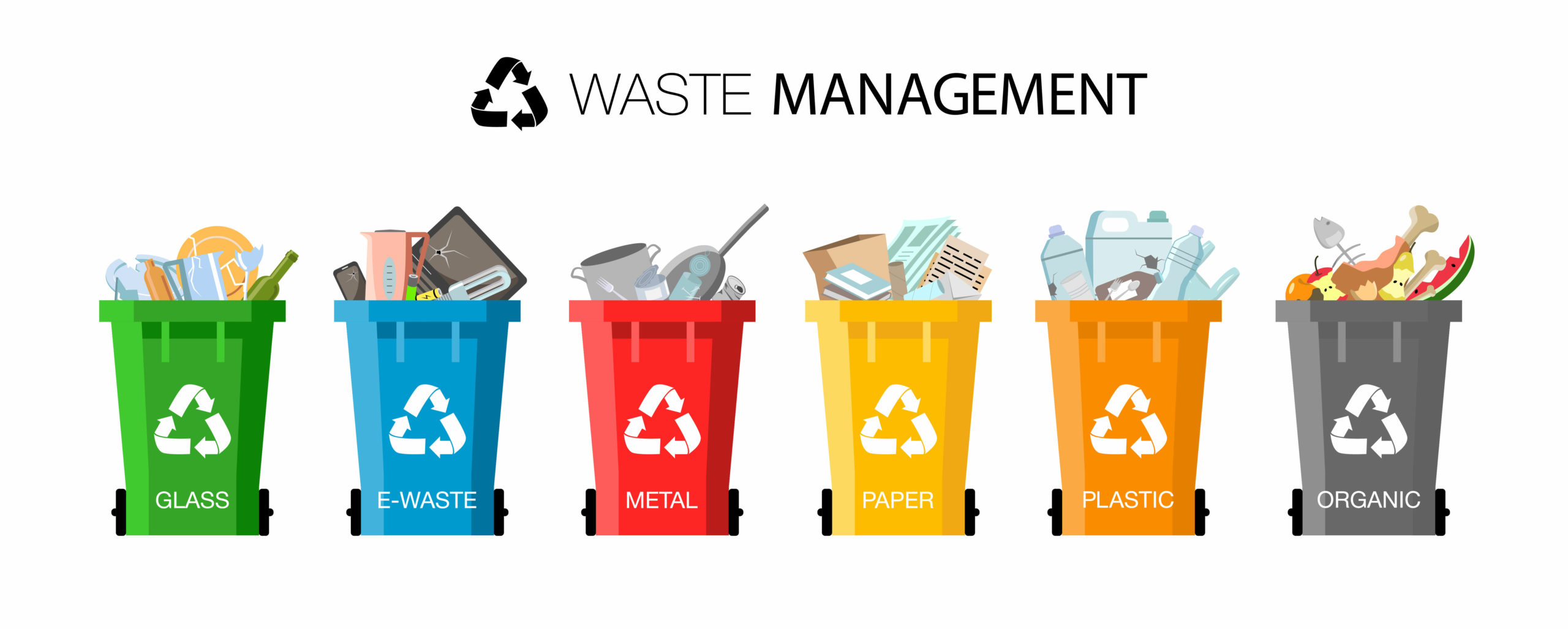Due to the rise in population, waste management has become a pressing issue worldwide. There has been an accumulation of waste without a proper disposal system. For instance, the Press Information Bureau found that India accumulates 62 million tonnes of recyclable and non-recyclable waste daily.
The garbage business is becoming one of the best industries for entrepreneurs since only a few companies offer good disposal strategies, such as the dumpster bin rentals in Mississauga.
Also, only a few companies offer a proper recycling system, although it’s the only future to zero-waste. Research shows that a zero-waste future can be a reality with a more significant and effective recycling industry and a quality education.
If you’re wondering how you can manage your large household waste, read along to be informed.
Recycling is the best form of waste management. It’s great for the environment and gives a significant economic benefit to you and the economy as a whole. Recycling reduces the time, effort, and resources needed to produce a new product. Generally, recycling is converting waste materials into new materials and products. It helps reduce the amount of solid waste in your home, which can be very expensive to maintain.
However, not every waste product can be recycled. The primary recyclable materials include paper, glass, plastic, electronics, tires, cardboard, metal, textiles, and batteries. You can deliver the recycling materials to a household recycling center or have them picked from bins. They’re then cleaned, sorted, and reprocessed into new materials to produce new products.
However, you’ll need to have different containers for each type of recyclable waste. Recycling requires efforts from all parties involved, including you and the recycling professionals. Fortunately, you can hire different bins from Mississauga bin rental to ensure that every recyclable material ends in the appropriate bin.
- Composting
Composting is a natural process of recycling food waste or biodegradable organic waste and transforming them into organic fertilizer, which can be used in your garden as agricultural nutrients.
Composting speeds up the decomposing process of your waste by providing an excellent environment for fungi, bacteria, and other organisms like sowbugs, worms, and nematodes to work at their best. The decomposed matter is called compost and is rich in nutrients that can be used on the farm for agriculture. If you don’t have a garden or somewhere to apply the compost, you can hire a waste removal company to take the waste to public gardens or schools nearby.
Composting isn’t expensive. You fill a container with waste materials with high nitrogen content and carbon. Nitrogen-rich materials mainly come from vegetable waste, while carbon-rich materials come from woody waste. Place the carbon-rich materials at the bottom to help aerate your compost when composting. This process takes about a week for the compost to be ready.

- Dump In A Sanitary Landfill
A sanitary landfill is a modern engineered land where waste is allowed to decompose in isolation from the environment. It’s designed with different levelling layers. The bottom layer has the smallest volume, which increases as you move toward the top. This difference prevents the landfill from collapsing.
Sanitary landfills are considered one of the most effective waste disposal techniques that aim to minimize risks linked to human health and the environment. Landfills are mainly located in areas with prevailing land features that act as natural barriers between the landfills and the environment. This makes them ideal for dumping your massive household waste.
- Incineration
Incineration is the high-temperature burning of waste. It’s also called calcination or controlled flame combustion. This process converts waste materials into ash, gas, and heat. The ash is mainly from the inorganic constituents of the waste. The gasses are then cleaned of any pollutants and chemicals before being released into the atmosphere. Research shows that incineration reduces the solid mass of waste by 80% to 85% and the original waste volume by 90% to 95%. Incineration is suitable for areas with land shortage and is operable in any weather condition.
- Segregatation
Waste segregation is the separation and sorting of waste types to facilitate recycling, incineration, and disposal. Sorting waste makes it easier to choose the suitable method to dispose of your waste. Lack of segregation makes waste like food items, paper, and liquid waste mix and decompose, thus releasing foul odour and gasses into the atmosphere.
The Bottom Line
Managing household waste can be hectic. However, it’s the only way to ensure you live in a clean environment. You don’t want your home to look like a dumpsite due to the accumulation of waste. Nevertheless, it would help if you had an excellent plan to get rid of waste in your home. Fortunately, the above strategies can help you manage your waste effectively. These strategies are also safe and don’t affect the environment.